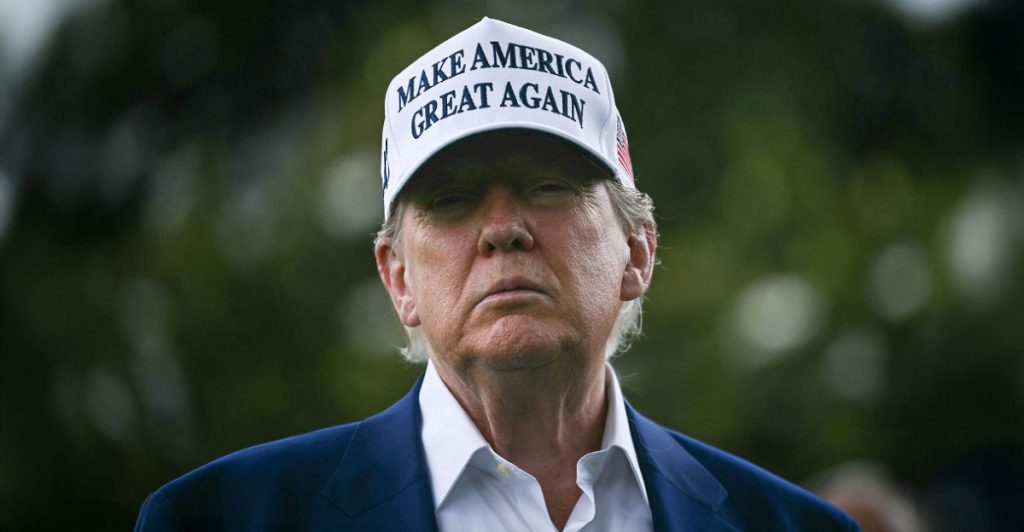U.S. President Donald Trump is preparing executive action against major banks, accusing them of politically motivated discrimination.
Others are reading now
He claims institutions like JPMorgan Chase and Bank of America have unfairly denied services to him and his MAGA supporters, allegations that have reignited debates around political bias in the financial system.
A New Executive Order in the Works
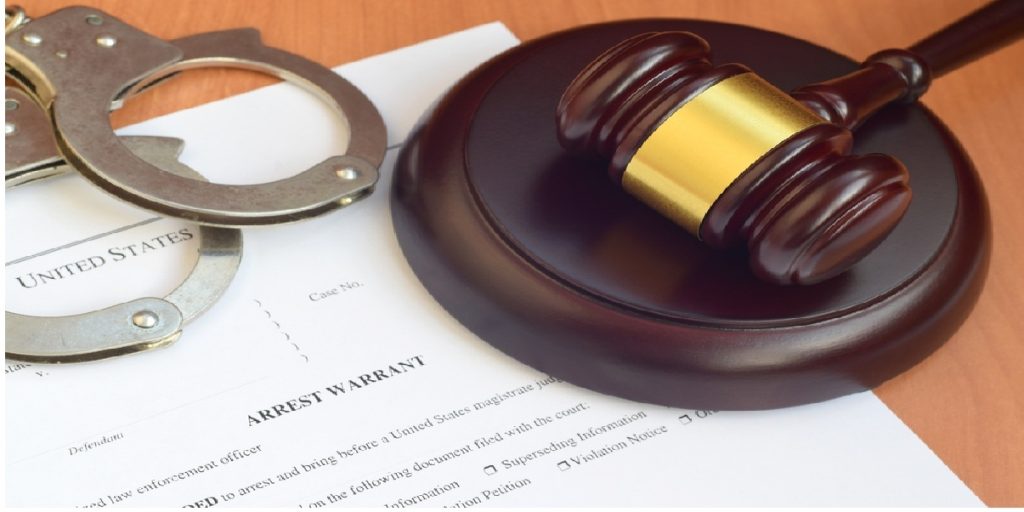
According to sources familiar with the matter, a draft executive order instructs regulators to investigate “politicized or unlawful debanking.” If implemented, it could impose fines or disciplinary measures on banks found guilty of discriminating for political reasons.
The order could be unveiled as early as this week.
Personal Grievances Shape Policy
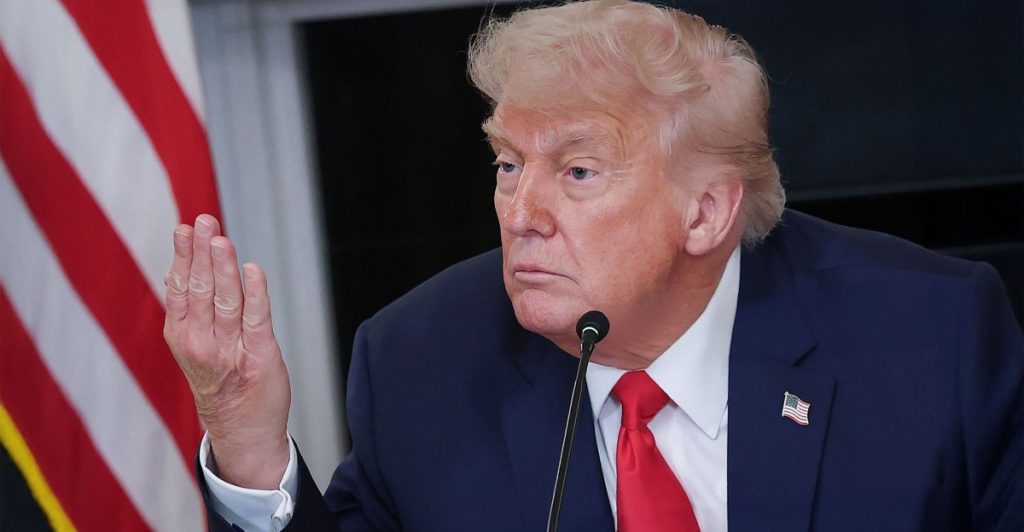
Critics argue that Trump’s move reflects a broader pattern of intertwining personal business interests with public policy.
Although his businesses are held in a trust, he retains ownership, raising concerns over conflicts of interest. The accusations mark yet another instance where Trump’s personal financial dealings influence his presidency.
Also read
“They Discriminated Against Me”
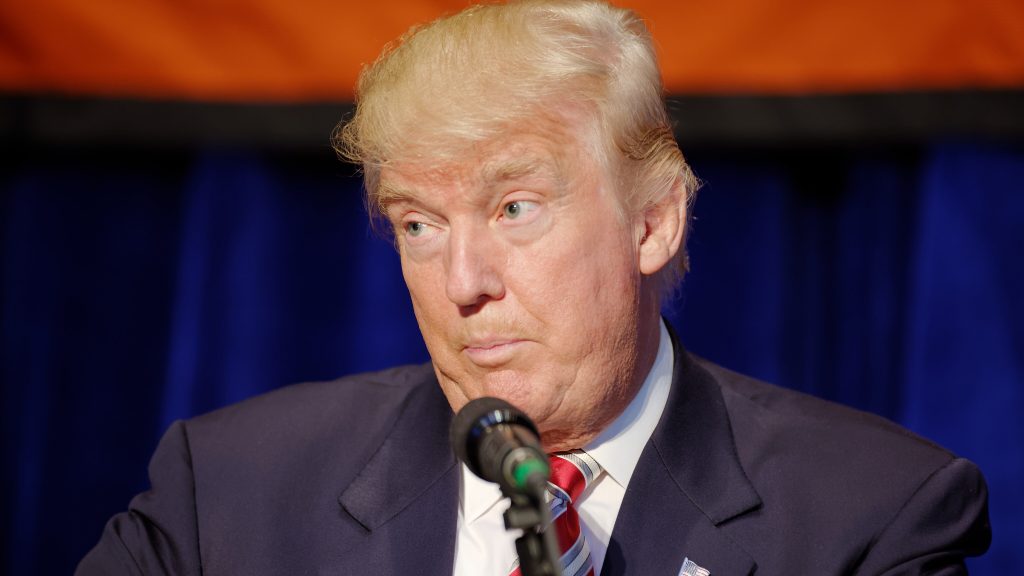
In a recent CNBC interview, Trump claimed that JPMorgan rejected his deposits after his first term, telling him to close his accounts within 20 days.
He said he had “hundreds of millions” across multiple accounts and believes the rejection was politically motivated. He offered no hard evidence to support the claims.
BofA Also Allegedly Refused Service
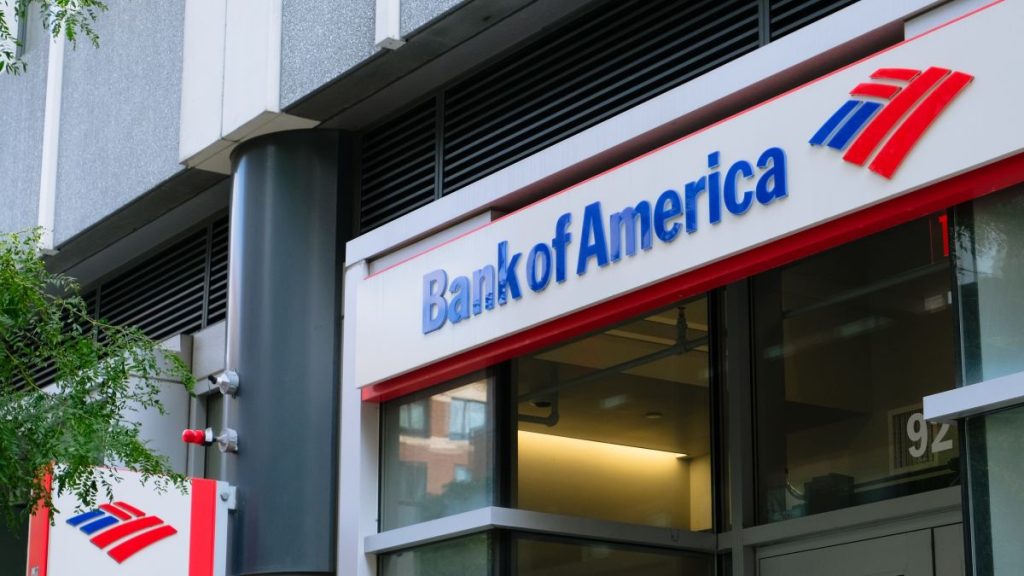
Trump also said Bank of America turned him away when he attempted to deposit funds. In response, he reportedly divided his money among smaller banks, placing millions at a time in various institutions.
He didn’t disclose the names of these banks but framed the experience as part of a broader issue faced by conservatives.
JPMorgan Responds—Cautiously

JPMorgan declined to comment directly on Trump’s allegations but issued a statement saying it does not close accounts for political reasons.
Also read
Interestingly, the bank agreed with Trump on the need for regulatory reform, signaling a willingness to collaborate with the administration to address what it called a “real issue.”
Reputational Risk Under the Microscope
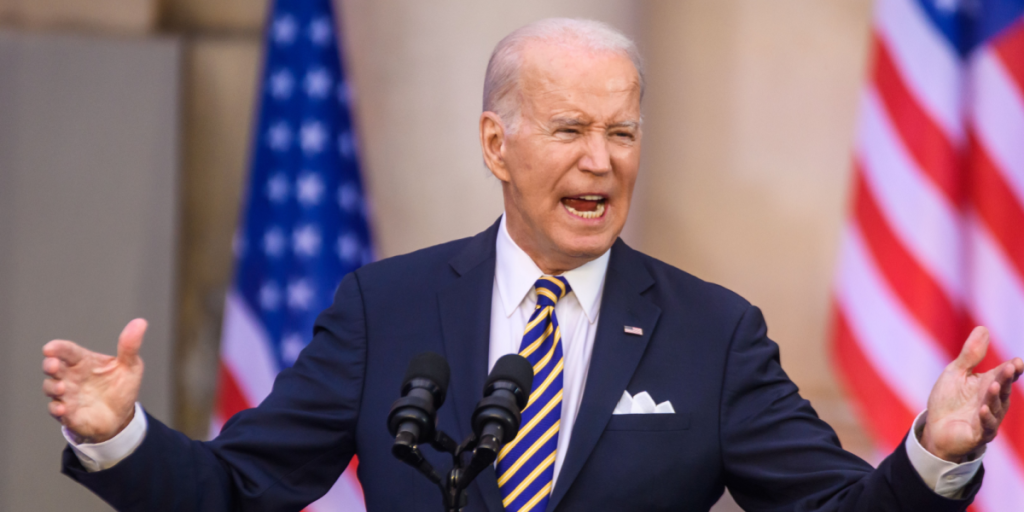
Under the Biden administration, regulators emphasized “reputational risk” when evaluating banking decisions, especially regarding Trump due to his legal entanglements.
However, the Federal Reserve reversed course in June, instructing supervisors to stop using reputational risk as a standard for assessing banks.
Banking Industry Pushes Back
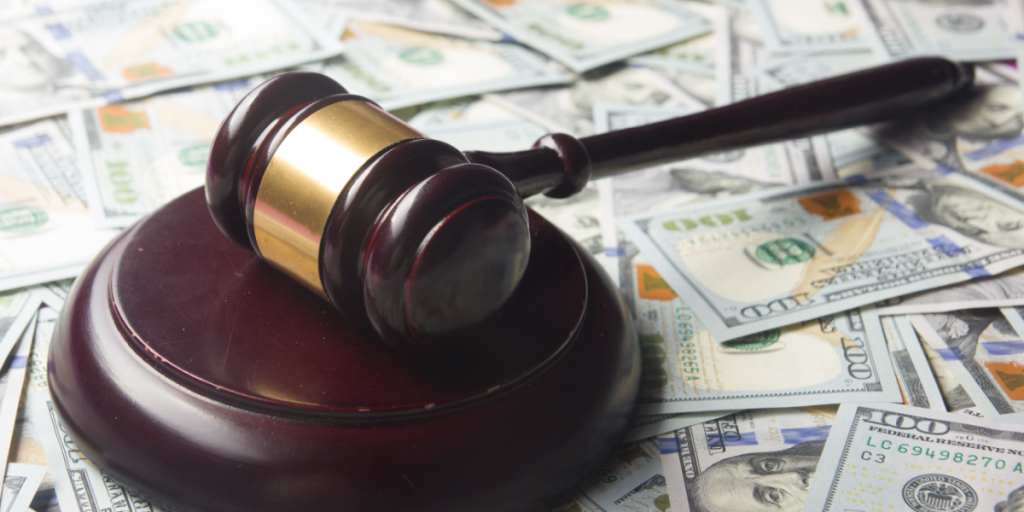
Industry analysts and groups argue that the real issue isn’t political bias but excessive regulation.
The Bank Policy Institute pointed to what it calls “regulatory overreach” and “supervisory discretion” as reasons some banks may avoid certain clients. Banks insist they follow legal guidelines, not political pressure.
Also read
Pressure Mounts from the Top

Back in January, Trump publicly criticized the CEOs of JPMorgan and BofA for allegedly denying services to conservatives. Both banks denied acting out of political bias.
Now, with a potential executive order looming, the financial sector faces heightened scrutiny from the highest office in the country.
What Comes Next?

Banks are reportedly preparing for the fallout. Some are lobbying for clearer regulations, including updates to anti-money laundering laws they view as outdated.
As Trump moves to reshape the regulatory landscape, the battle over political influence in banking is set to intensify—putting Wall Street in the political crosshairs once again.

